
Gashaw Abate
Research Fellow, Markets,
Trade, and Institutions

Back
With research staff from more than 60 countries, and offices across the globe, IFPRI provides research-based policy solutions to sustainably reduce poverty and end hunger and malnutrition in developing countries.

researcher spotlight
Carlo Azzarri is a Senior Research Fellow in the Innovation Policy and Scaling Unit. His work focuses on the relationships among poverty, nutrition, food security, agriculture, the environment, production, and migration—analyzed at both micro and macroeconomic levels, primarily using quantitative methods.

Back
Since 1975, IFPRI’s research has been informing policies and development programs to improve food security, nutrition, and livelihoods around the world.

Back
IFPRI currently has more than 600 employees working in over 80 countries with a wide range of local, national, and international partners.
Food safety is closely linked to food security, the safety and availability of water, and human health. In developing countries, food and waterborne diseases are a major cause of illness and death, and unsafe food and water threaten the livelihoods and long-term prospects of the poor.
We cannot reduce poverty and improve health and nutrition without ensuring access to safe food for all people. However, food safety standards that are too difficult or costly for small farmers to meet can prevent poor populations from accessing markets, and thus limit incomes.
IFPRI researchers and partners provide evidence to policymakers on the importance of food and water safety, as well as on the issues that arise in providing food and water safety. Evaluation of policies and technologies for food safety can help farmers and other value chain actors can meet higher safety standards and reduce food loss and waste, and improve consumer access to safe food.
Our researchers explore a wide range of questions relevant to food safety: can institutional mechanisms like cooperatives, food safety certifications, and contract farming help poor producers access markets? Are there cost-effective strategies to minimize risks to food and water safety? Can labeling increase consumer demand for safer products? The answers to these and other questions will help policymakers craft effective solutions to provide safe food and water for all. IFPRI’s research on this topic is closely aligned with the Sustainable Development Goals (SDGs), including SDG 1, SDG 2, SDG 3, and SDG 6, and the CGIAR Impact Areas on Nutrition, Health, and Food Security and Poverty Reduction, Livelihoods, and Jobs.
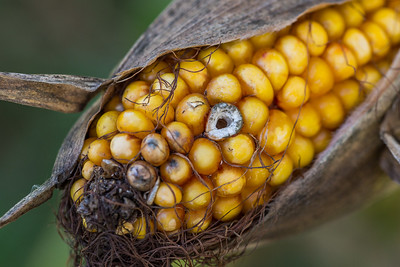

Preprint
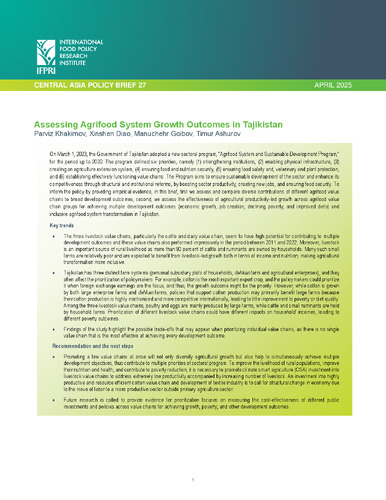
Brief
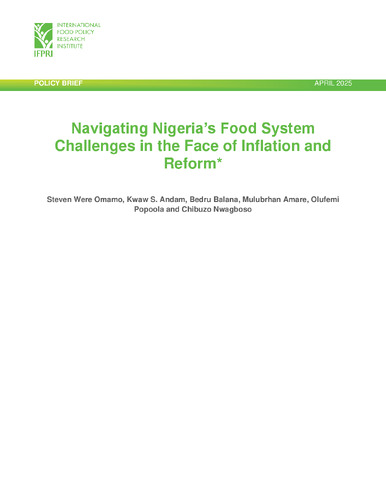
Brief
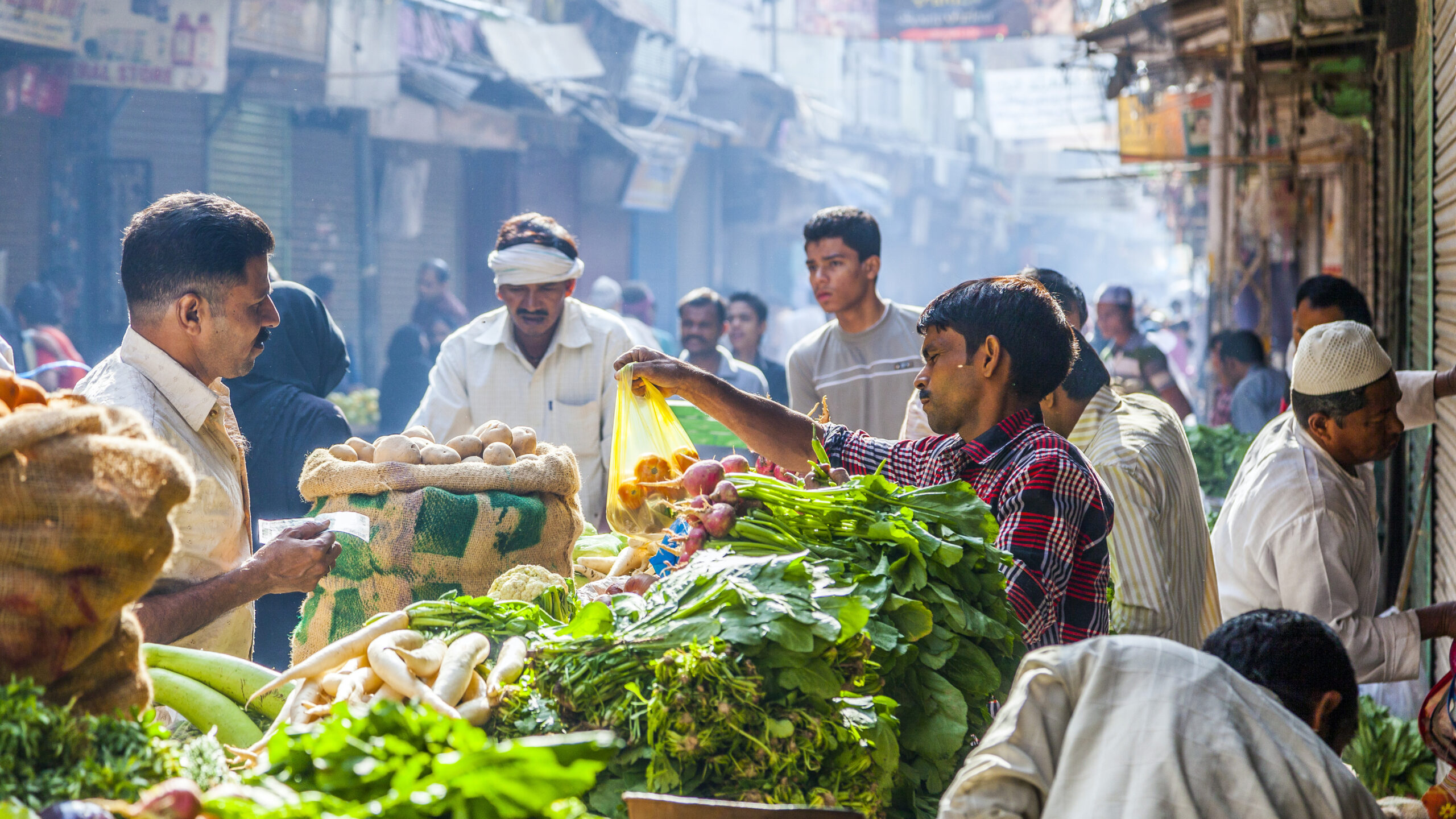
IFPRI researchers on urbanization.
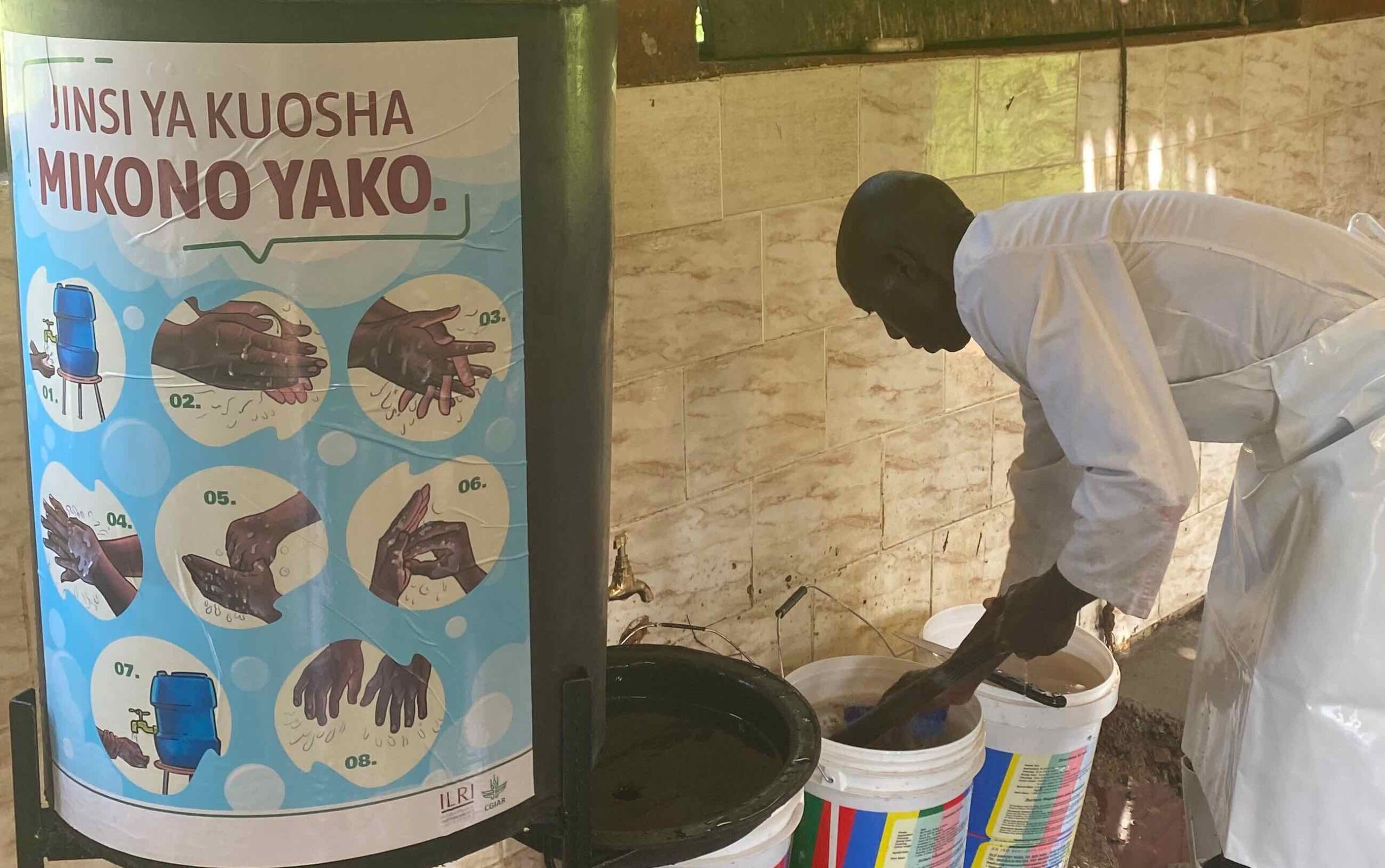
Targeting interventions to benefit public health.
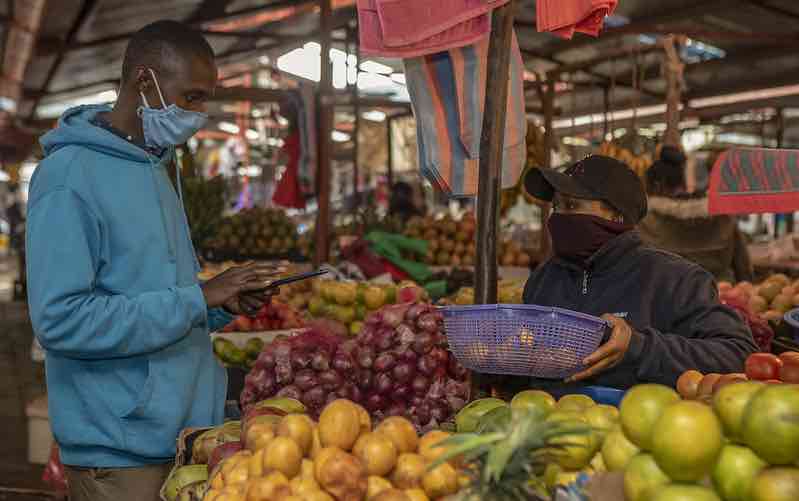
A “business as usual” approach to food safety will do little to check the health threats in many countries.

Poor diets are a primary cause of malnutrition and the leading cause of disease worldwide. Improving diets, especially through increasing fruit and vegetable intake, can help to address these health and nutrition challenges. However, fruit and vegetable intake falls below recommended levels globally. The factors contributing to low fruit and vegetable consumption are complex, requiring […]
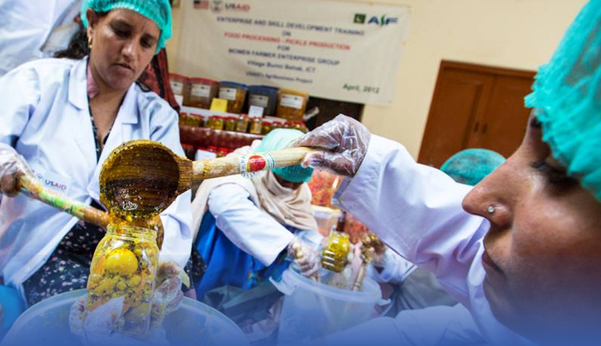
Webinar: February 28, 2024 – 09:30 AM to 11:00 AM EST. IFPRI is participating in the “Drivers of Agrifood System Transformation: Lessons from Feed-the-Future Country Studies” webinar.
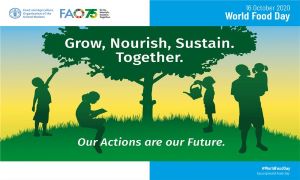
IFPRI is participating with FAO’s Regional Office for Latin America and the Caribbean in the celebration of World Food Day and FAO’s 75th anniversary. Given the complexity of managing the COVID-19 pandemic and its significant adverse effects on the region’s economies, FAO is convening stakeholders who impact agri-food systems to provide an institutional response by facilitating and promoting […]
AG Health republished a blog post from Steven Jaffee and Delia Grace. The authors stated that recent research has shown that the health and economic consequences of foodborne diseases in Africa are significant and growing, as urbanization and income growth prompt dietary changes that increasingly expose consumers to food safety hazards. A ‘business as usual’ approach to food […]
Caixin (China) published a news report on COVID19’s impact on food safety. The article quoted Senior Research Fellow, David Laborde, who said policies, such as export restrictions, are based on panic purchases and will cause shortages. He said that the current situation is controllable if policymakers in various countries “take action based on evidence rather than fear.” Laborde recommends that policymakers in various […]
According to the FAO, each year about 1.3 billion tons of food produced for human consumption is lost after harvest and before reaching consumers. Postharvest losses not only reduce quantity but also the quality of stored grain and are amplified by changing weather patterns. Improved grain drying and storage can be key mitigators of postharvest loss, resulting […]

Research Fellow, Markets,
Trade, and Institutions

Country Coordinator – SHIFT, Nutrition,
Diets, and Health

Senior Research Fellow, Nutrition,
Diets, and Health

Research Analyst, Development
Strategies and Governance

Senior Research Fellow, Innovation
Policy and Scaling